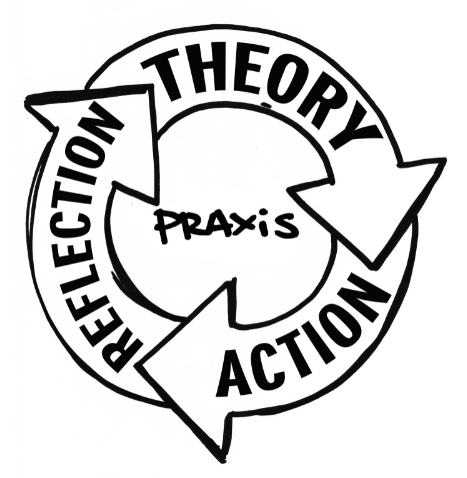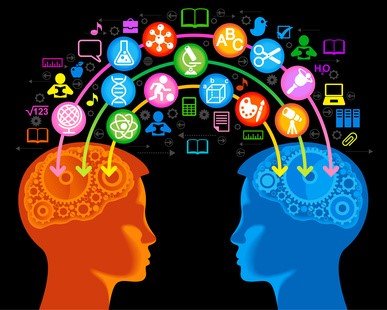Epistemology: The Theory of Knowledge
Understanding How Humans Rationalize Reality

What is Epistemology?
The concept of epistemology represents an introspection of human understanding. Throughout human history, we have had an innate desire to discover and question the universe around us. The evolution of reasoning through religion and science has brought us to the civilization we live in today. As we interpret our surroundings, we examine why we are inquisitive. What factors grant solidity to our interpretations? Simultaneously, what determines their falsity? These questions are infused with human inquiry of how we know what we know.
My Personal Epistemology
Along with certain innate human qualities comes continual change in thinking, leading to a near infinite variation in perspectives. Each individual carries a unique synthesis of epistemology. My personal epistemology stems from praxis. Through my life experiences, I focus on applying myself through both postulation and application. I refer to these as my “theoretical” and “experimental” practices, respectively. I find that I work optimally when both are applied together. No matter how well developed one’s theoretical analysis is, there will always be unexpected outcomes. I find that especially with regards to speculation of future events or determining what the response to a certain action would be will never reveal the full picture. Actively utilizing the prior knowledge alongside experimentation is how contemporary science makes breakthroughs.

In addition, I value the qualities of a polymath, one who has interest in and comprehension of a wide range of disciplines. A polymath is also one who can cultivate new ideas by intertwining these various fields of study. The polymath’s mentality enables creativity to flourish. I see myself as having interest in knowledge across the spectrum, which helps me have greater interaction with more people. Overall, the praxis and multidisciplinary focus have assisted in my personal development, specifically how I, as a human, interpret my reality.

The Uncontrollable Learning
The factors that I have described thus far represent how I have curated my own understanding through experience. It would be parochial of me to not consider that an individual’s personal epistemology may not be fully up to themselves. Certain factors of understanding are not in our control such as received wisdom. One of the foremost sources of received wisdom is our family and friends. A portion of interpreting reality develops through childhood, a phase of unparalleled learning due to continual acceptance of delivered information to be the truth. Simply exemplified, as I create this written piece, the words I am typing, their attached meanings, and how to use a keyboard are all things that I have been taught how to do in a certain fashion deemed correct. This source of learning is uncontrollable even once we have become conscious of it with age because it has been acting upon us prior to memory.

This unpreventable knowledge connects to the debate of nature versus nurture, a discussion of whether human qualities are derived from genetic factors or from the environment once we are born. Both elements portray an alternate definition to the received wisdom, branching beyond family. A look at our biology and culture shows there are many more influences to our epistemology than initially realized. Ultimately, the reflection of epistemology itself helps broaden our understanding of how we know what we know. Just as humans continue to alter and grow, our epistemology evolves along with us.
Acknowledgements, Additional Notes, and Sources
Image Sources:
Image 1: Communication through technology
Image 2: Praxis cycle
Image 3: Leonardo da Vinci drawings of Portrait of a Man in Red Chalk (left) and Vitruvian Man (right)
Image 4: Sharing of knowledge
Additional Links on Related Topics:
2. Extensive Analysis of Epistemology
4. Great Polymaths of History and Their Legacies
5. Parental Impact on Child Psychology
6. Discussion of Nature vs. Nurture
Comment to provide your feedback on this post! If you liked it, make sure to upvote, resteem, and follow to see what is coming next!
Congratulations @anythingrandom! You have completed the following achievement on the Steem blockchain and have been rewarded with new badge(s) :
You can view your badges on your Steem Board and compare to others on the Steem Ranking
If you no longer want to receive notifications, reply to this comment with the word
STOPTo support your work, I also upvoted your post!
Do not miss the last post from @steemitboard:
Vote for @Steemitboard as a witness to get one more award and increased upvotes!
Downvoting a post can decrease pending rewards and make it less visible. Common reasons:
Submit